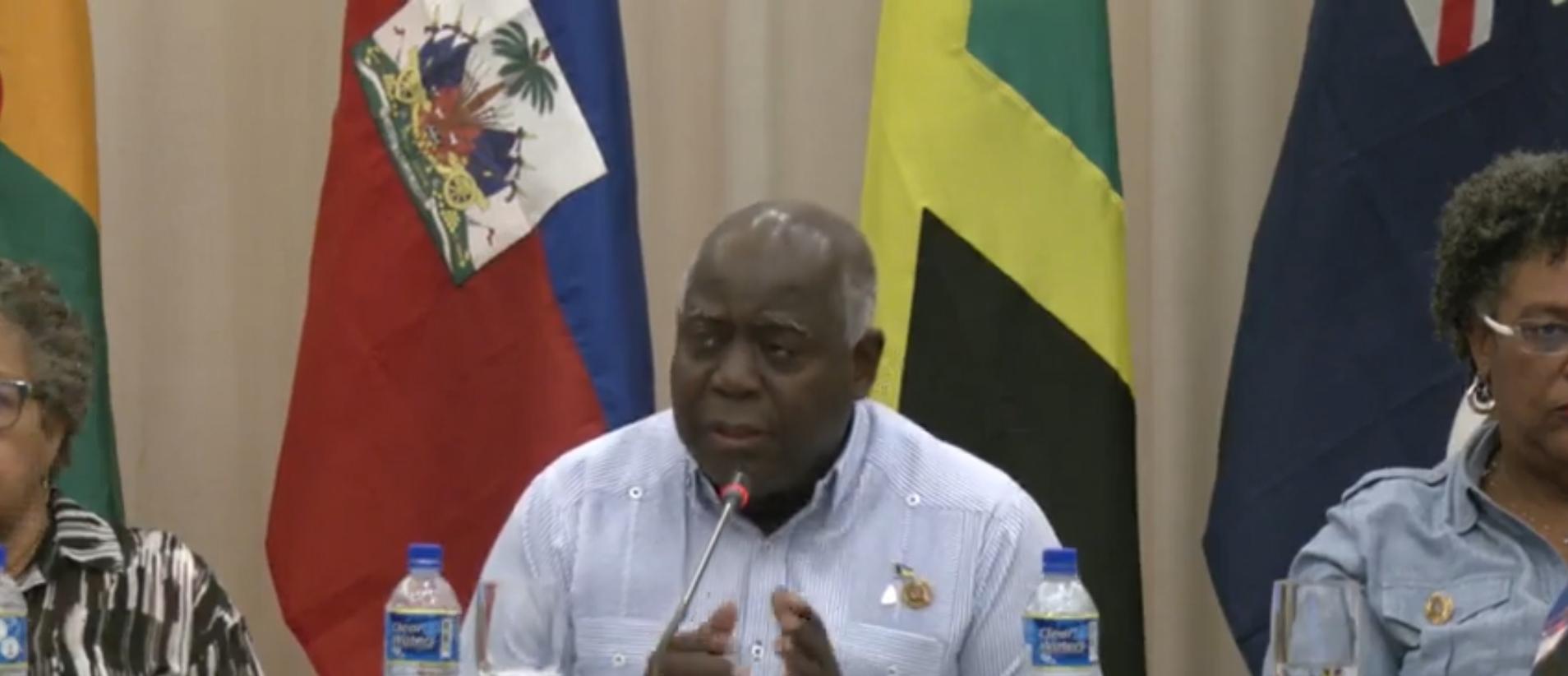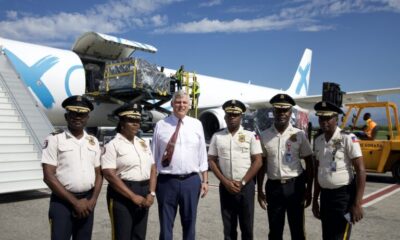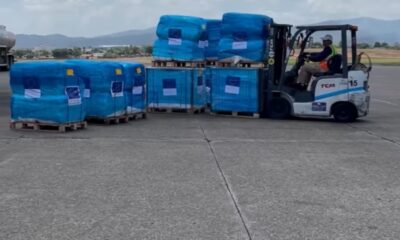Caribbean News
Haiti to hold elections in 2025

Caribbean News
CHTA President Praises Jamaica’s Hurricane Preparedness, Assures Ongoing Support
Caribbean News
CARICOM raising profile and priority of its Migration Policy; curbing challenges ‘a tall order’
Caribbean News
Government Earmarks $300M for Post-Hurricane Dengue Mitigation
-

 Caribbean News1 week ago
Caribbean News1 week agoCayman Relief Mission to Hurricane hit CARICOM nations
-

 Caribbean News7 days ago
Caribbean News7 days agoCARICOM raising profile and priority of its Migration Policy; curbing challenges ‘a tall order’
-

 Caribbean News1 week ago
Caribbean News1 week agoHurricane Help; Money donated to Jamaica, Barbados, St Vincent & the Grenadines, St Lucia and Grenada
-

 Caribbean News1 week ago
Caribbean News1 week agoJamaica’s Hurricane Recovery Efforts Bolstered by Donation from Cayman Islands
-

 Bahamas News7 days ago
Bahamas News7 days agoPrime Minister Davis: Cannabis Reform Compendium 2024 ‘a long time coming’
-

 News7 days ago
News7 days agoWhat the new UK Prime Minister had to say about the Rwanda Deportation Plan at his first press conference
-

 Bahamas News1 week ago
Bahamas News1 week agoBahamas Celebrates 51st Independence – ‘United In Love & Service’
-

 News7 days ago
News7 days agoTurks & Caicos’ E.J Saunders part of Election Observer team in UK on July 4























